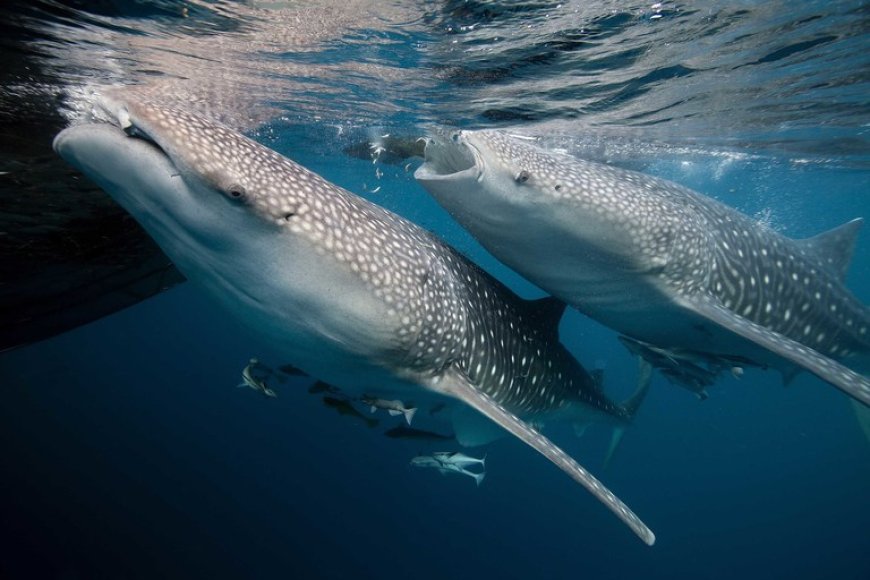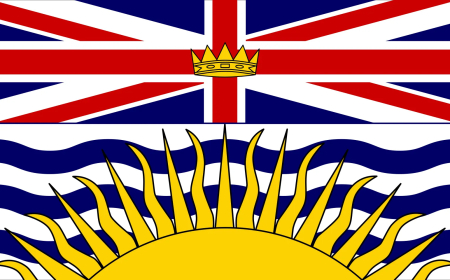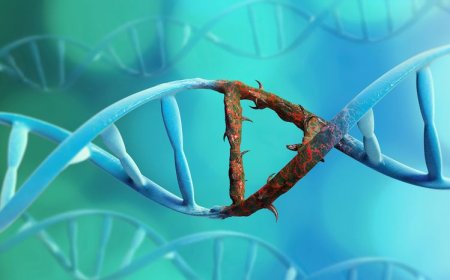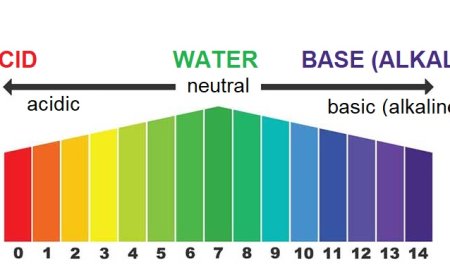The Importance of Sharks to Ocean Health
Sharks play a crucial role in maintaining ocean health as top predators by controlling prey populations, preserving biodiversity, and contributing to the well-being of coral reefs and seagrass beds. Their presence helps prevent excessive grazing and aids in carbon storage within marine ecosystems.

Introduction
Sharks are among the most fascinating and misunderstood creatures of the ocean. Often depicted as dangerous predators in popular media, they are, in reality, a cornerstone of marine ecosystems. Their presence ensures ecological balance and contributes to the health of the world's oceans. Despite their importance, sharks face numerous threats that endanger their survival, and by extension, the stability of marine life.
This article explores the critical role sharks play in maintaining ocean health, the challenges they face, and the measures needed to protect them. Understanding their importance is a vital step in fostering conservation efforts.
Sharks: Apex Predators of the Ocean
What Makes Sharks Unique?
Sharks have existed for over 400 million years, making them older than dinosaurs. With over 500 species ranging from the tiny dwarf lantern shark to the massive whale shark, these creatures are highly adaptable and diverse. As apex predators, they sit at the top of the food chain, influencing marine ecosystems in profound ways.
Key characteristics that set sharks apart include:
- Electroreception: Sharks can detect electric fields generated by other animals.
- Cartilaginous Skeletons: Their lightweight skeletons allow for greater flexibility and efficiency in the water.
- Keen Senses: Exceptional vision, smell, and hearing make them formidable hunters.
The Role of Sharks in Marine Ecosystems
Population Control
Sharks play a critical role in regulating the populations of marine species. By preying on the weak, sick, and overpopulated species, they help maintain a balanced ecosystem. Without sharks, certain species could overpopulate, leading to the depletion of vital resources and the collapse of marine habitats.
Promoting Biodiversity
By controlling prey populations, sharks indirectly promote biodiversity. A balanced ecosystem supports a wider variety of marine life, from coral polyps to large fish species. Biodiversity is crucial for the resilience and productivity of marine ecosystems.
Disease Management
Sharks often target sick or injured animals, helping to prevent the spread of diseases within marine populations. This natural selection process ensures healthier and more robust populations, contributing to the overall health of the ocean.
Sharks and Their Contribution to Marine Habitats
Coral Reefs
Sharks help maintain the balance of reef ecosystems by controlling the populations of fish that feed on corals. Healthy shark populations are often an indicator of thriving coral reefs, which are critical habitats for numerous marine species.
Seagrass Beds
Seagrass beds provide shelter and food for many marine organisms. Sharks indirectly protect these habitats by controlling the populations of herbivores like turtles and dugongs. Without sharks, overgrazing could lead to the degradation of seagrass ecosystems.
Economic and Cultural Significance of Sharks
Sharks contribute significantly to marine tourism. Shark diving and snorkeling experiences attract millions of tourists annually, generating revenue for coastal communities. Additionally, sharks hold cultural importance in many indigenous and coastal societies, symbolizing strength, resilience, and the interconnectedness of life.
Threats to Shark Populations
Overfishing
Sharks are often targeted for their fins, meat, and liver oil. The demand for shark fin soup has led to the practice of finning, where sharks are caught, their fins removed, and their bodies discarded at sea.
Bycatch
Unintentional capture in fishing gear, known as bycatch, is a significant threat to shark populations. Many sharks die as bycatch in commercial fishing operations.
Habitat Loss
Coastal development, pollution, and destruction of mangroves and coral reefs threaten shark habitats. Habitat loss reduces their breeding and feeding grounds, affecting their survival.
Climate Change
Rising sea temperatures and ocean acidification disrupt marine ecosystems, impacting shark populations. Changes in prey availability and migration patterns further stress shark species.
Conservation Efforts for Sharks
Efforts to protect sharks include:
- Marine Protected Areas (MPAs): Designated zones where shark fishing is prohibited.
- International Agreements: Treaties like CITES regulate the trade of endangered shark species.
- Public Awareness Campaigns: Educating people about the importance of sharks to ocean health.
- Sustainable Fishing Practices: Encouraging the use of shark-safe fishing gear and reducing bycatch.
Key Facts About Sharks
|
Fact |
Detail |
|
Evolutionary History |
Sharks have been around for over 400 million years. |
|
Number of Species |
Over 500 species of sharks exist worldwide. |
|
Size Range |
Sharks vary in size from the 6-inch dwarf lantern shark to the 40-foot whale shark. |
|
Lifespan |
Some sharks can live up to 70 years or more. |
|
Unique Senses |
Sharks can detect electrical fields and vibrations in the water. |
|
Speed |
The shortfin mako shark is the fastest, reaching speeds of up to 45 mph. |
|
Reproduction |
Sharks have varied reproductive methods, including oviparity (egg-laying) and viviparity (live birth). |
|
Role in Ecosystems |
Sharks are apex predators, essential for maintaining ecological balance. |
Types of Sharks
|
Type of Shark |
Description |
|
Great White Shark |
Known for its size and power, often depicted in media. |
|
Hammerhead Shark |
Recognizable by its unique, hammer-shaped head. |
|
Whale Shark |
The largest shark species, filter-feeding on plankton. |
|
Tiger Shark |
Known for its striped pattern and diverse diet. |
|
Bull Shark |
Found in both saltwater and freshwater environments. |
|
Shortfin Mako Shark |
The fastest shark species. |
|
Blacktip Reef Shark |
Common in shallow reef areas, known for its agility. |
|
Nurse Shark |
A slow-moving bottom-dweller, often found in coral reefs. |
Frequently Asked Questions (FAQs)
- Why are sharks called apex predators? Sharks are at the top of the food chain, with no natural predators, allowing them to regulate marine ecosystems.
- How do sharks help maintain biodiversity? By controlling prey populations, sharks prevent any one species from dominating and ensure a balanced ecosystem.
- What happens if sharks disappear? The loss of sharks could lead to overpopulation of certain species, depletion of resources, and the collapse of marine ecosystems.
- Are all sharks dangerous to humans? No, most shark species pose no threat to humans. Attacks are rare and often a case of mistaken identity.
- How do sharks benefit coral reefs? Sharks control populations of coral-eating species, ensuring the health and sustainability of reef ecosystems.
- Why are sharks targeted for fishing? Sharks are hunted for their fins, meat, liver oil, and other products, often driven by high market demand.
- What is shark finning? Shark finning involves removing fins from sharks and discarding their bodies at sea, often while they are still alive.
- How many shark species are endangered? Over 30% of shark species are currently threatened with extinction due to overfishing and habitat loss.
- What are marine protected areas (MPAs)? MPAs are regions where human activities, like fishing, are restricted to conserve marine biodiversity.
- Can sharks adapt to climate change? While some sharks may adapt, many face challenges due to changing temperatures, prey availability, and habitat conditions.
- What is bycatch, and why is it a problem for sharks? Bycatch refers to the unintentional capture of non-target species in fishing gear. Many sharks die as bycatch each year.
- How do sharks contribute to the economy? Shark-related tourism, such as diving and snorkeling, generates significant revenue for coastal communities.
- Why are sharks important to seagrass beds? By controlling populations of grazing species, sharks prevent overgrazing and protect seagrass ecosystems.
- What is being done to protect sharks? Conservation efforts include MPAs, international treaties, sustainable fishing practices, and public awareness campaigns.
- How can individuals help protect sharks? Supporting sustainable seafood, avoiding shark products, and advocating for shark conservation are ways individuals can contribute.
Conclusion
Sharks are indispensable to the health and balance of ocean ecosystems. As apex predators, they regulate marine populations, promote biodiversity, and support vital habitats like coral reefs and seagrass beds. However, they face significant threats from human activities, including overfishing, habitat loss, and climate change.
Protecting sharks is essential for the future of our oceans. Through conservation efforts, education, and sustainable practices, we can ensure these incredible creatures continue to thrive and play their vital role in maintaining the health of our planet's marine ecosystems.










































